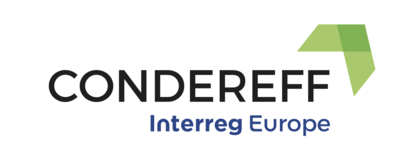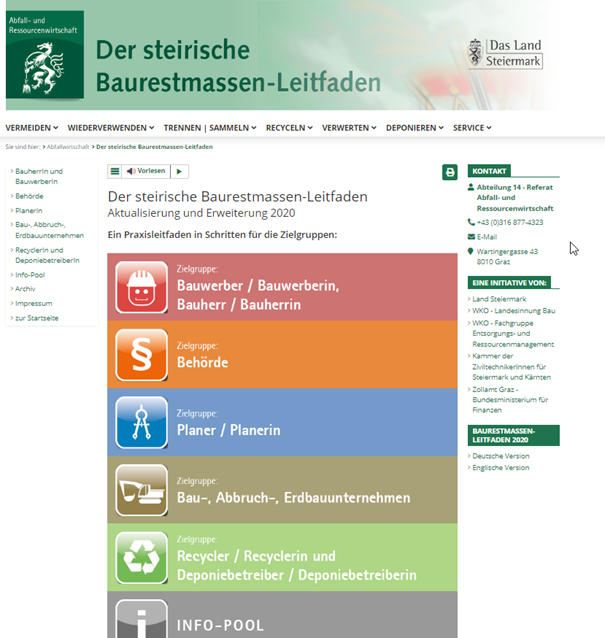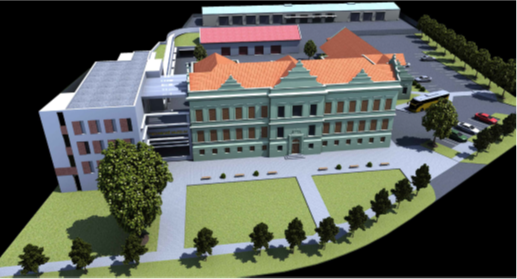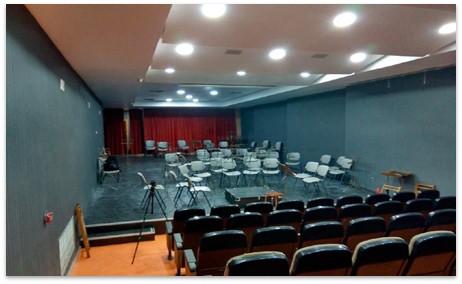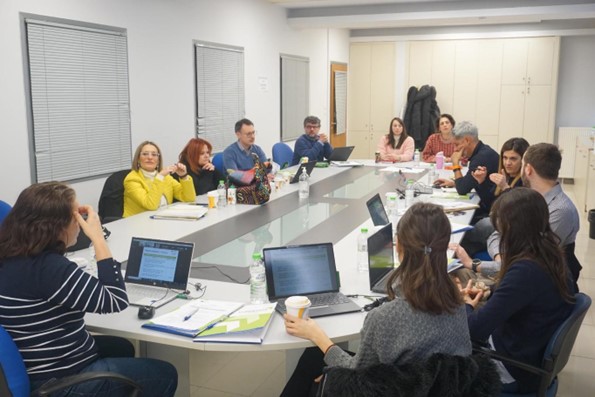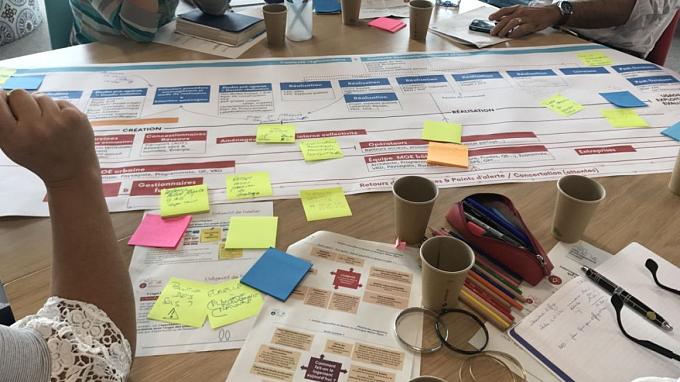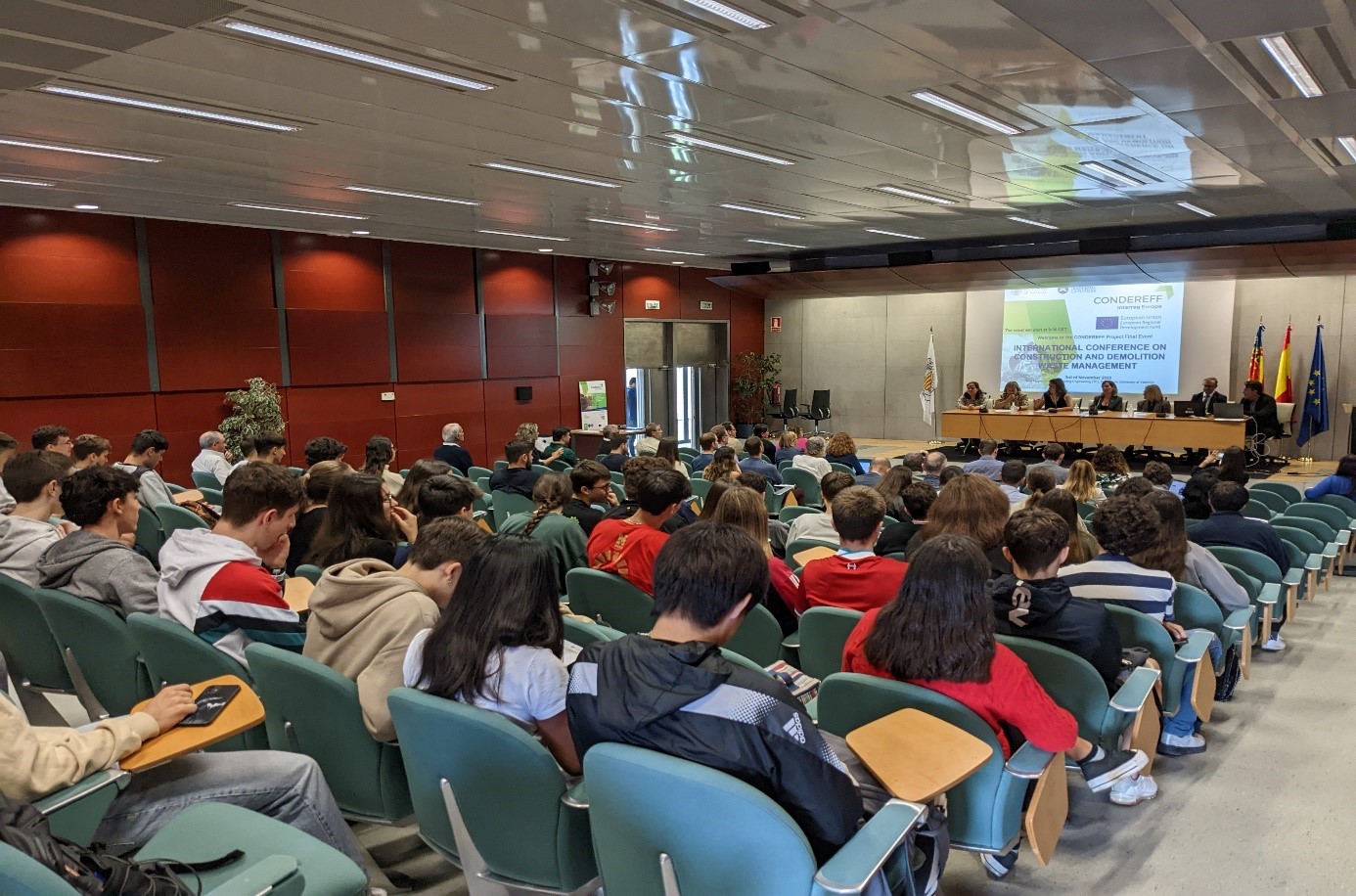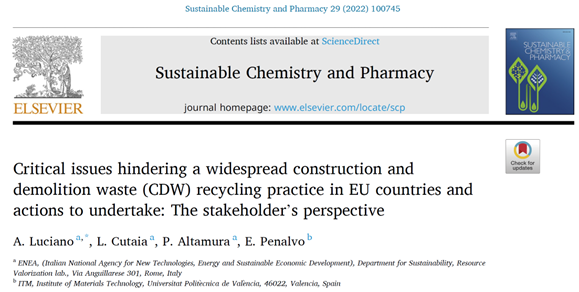The paper entitled "Critical issues hindering a widespread construction and demolition waste (CDW) recycling practice in EU countries and actions to undertake: The stakeholder's perspective" was recently published.
To read the paper:
Luciano, L. Cutaia, P. Altamura, E. Penalvo. Critical issues hindering a widespread construction and demolition waste (CDW) recycling practice in EU countries and actions to undertake: The stakeholder's perspective, Sustainable Chemistry and Pharmacy, Volume 29, 2022, 100745, https://doi.org/10.1016/j.scp.2022.100745.
This work, which reports the activities developed by Enea in the context of activity A1.4 and subsequent insights, examine the state of implementation of policies, actions and best practices in a group of EU countries and discuss the issues hindering a widespread CDW recycling practice, through the perception of stakeholders and of experts in the sector.
The paper shows, as Antonella Luciano says, that in all the investigated countries, highest CDW recovery performances have been achieved by a combination of several measures, including general and specific legislation, waste management plans and non-legislative initiatives. In each investigated country, one or more of these measures have been identified, which have produced encouraging results in stimulating CDW recycling, and which can be considered successful cases to be transferred to other contexts.
From the investigation made in this work, the most effective legislations include: specifications on selective demolition and source separation as well as requirements regarding CDW pre-treatment in Germany; mandatory preliminary audits on demolition sites and mandatory CDW management plans in France; mandatory minimum recycled content in building materials in GPP Minimum Environmental Criteria (MECs) for public buildings’ construction and renovation in Italy. High landfill taxes (like in Denmark and Austria) or a landfill ban on CDW (like in the Netherlands and in Belgium) naturally promote CDW recycling. Effective digital traceability systems, implemented in France (Democles) and in Austria, represent crucial infrastructures to support the implementation on a large scale of effective circular processes.
Specific insights within the article concern: GPP and environmental criteria for buildings and roads; End of waste criteria; pre-demolition audits; selective demolition; landfill tax and tax on raw material extraction; traceability systems; take-back centres.
